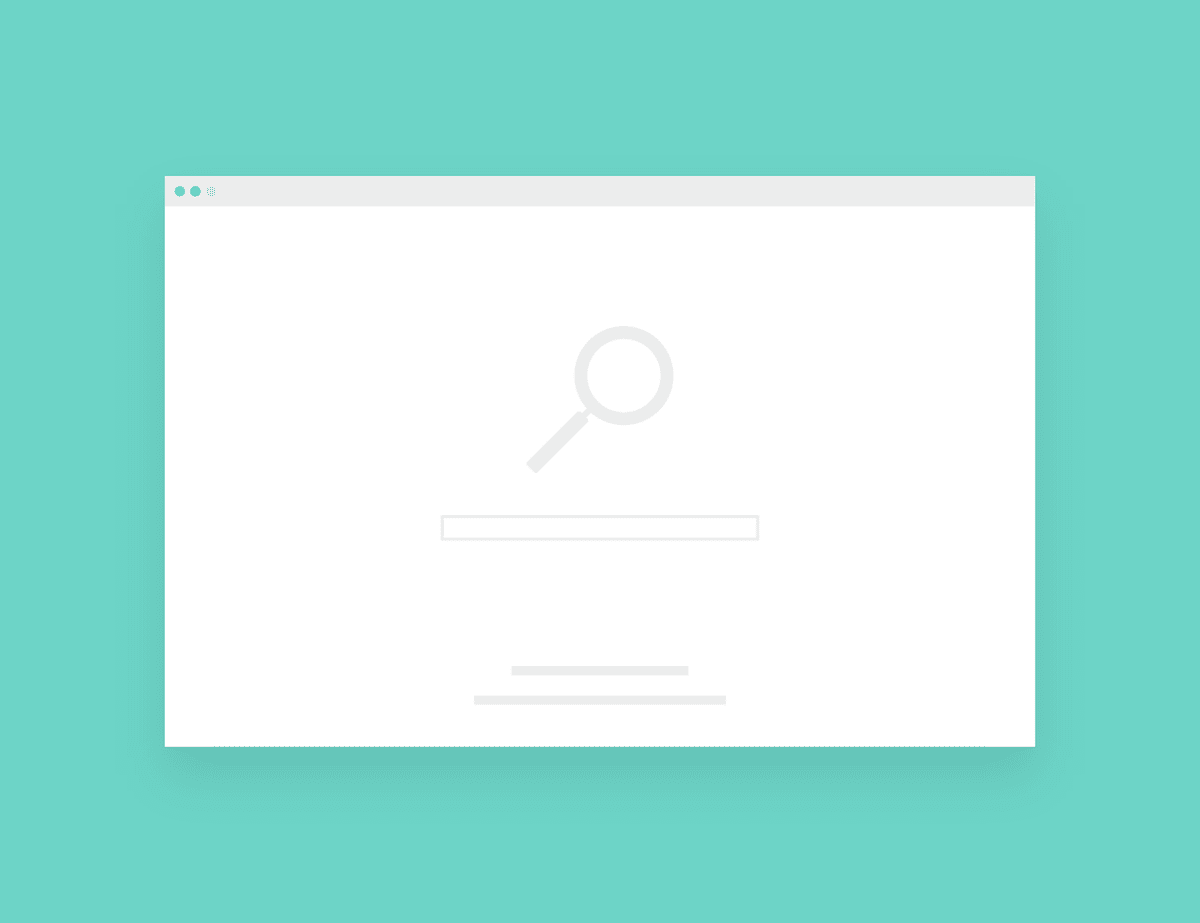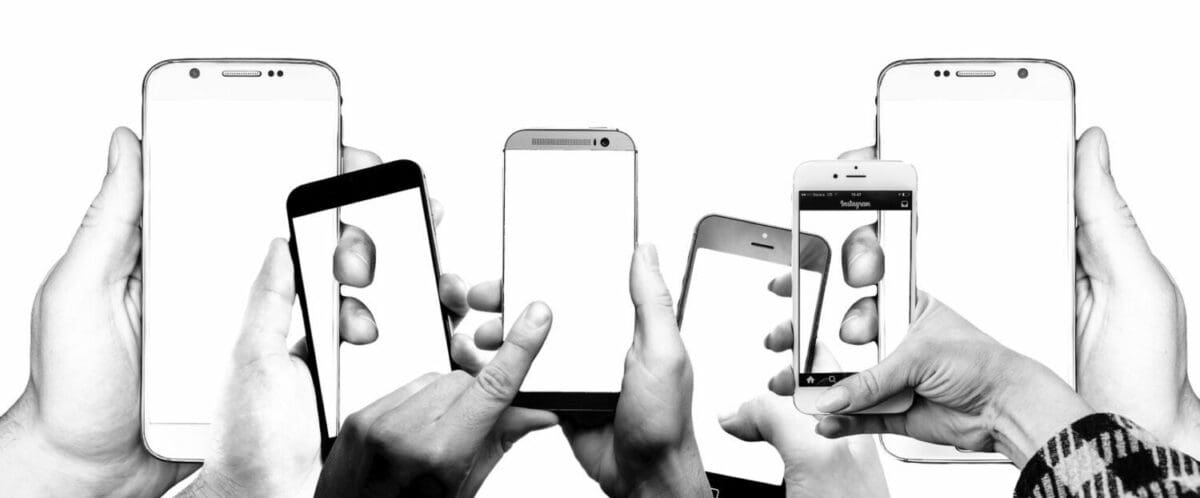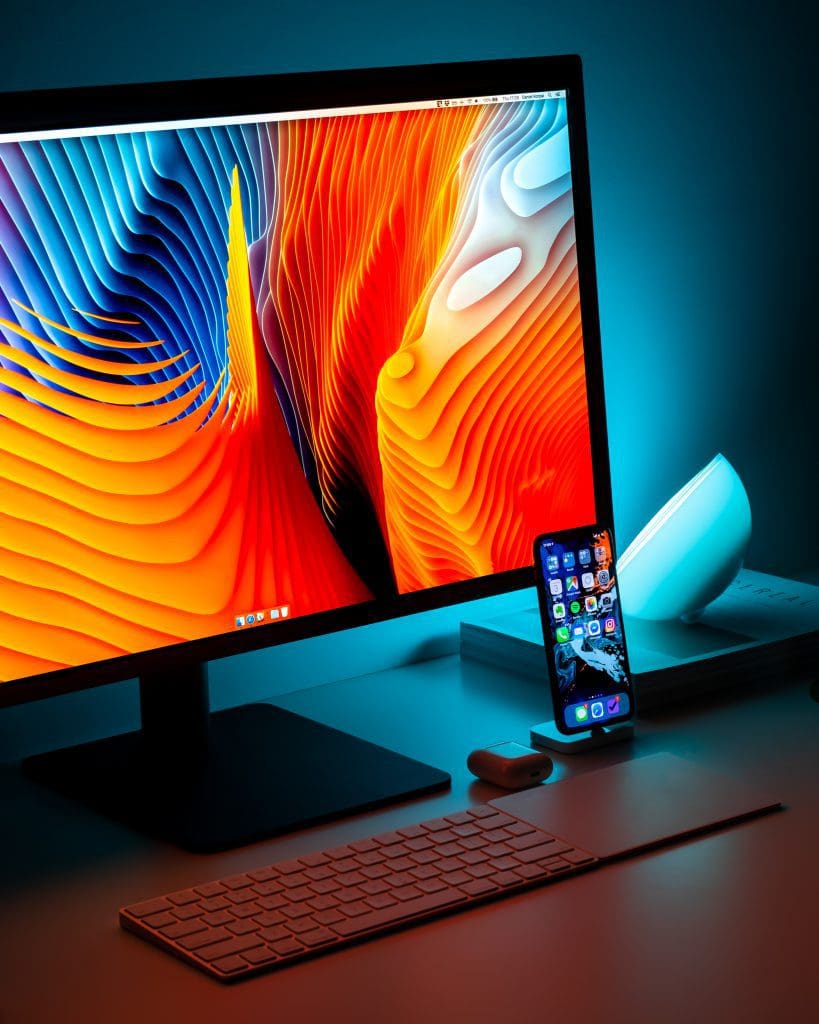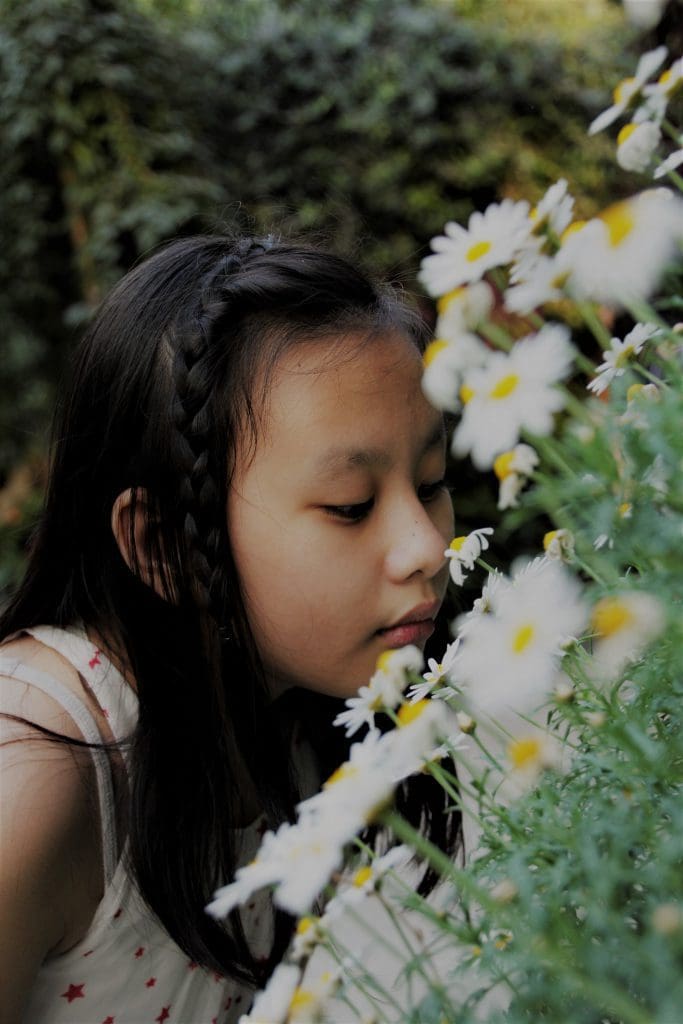
Where Do LGBT+ Youth Look for Mental Health Support?
December 2, 2021 in Social Media Guide
Although the internet is most likely the preferred method for pretty much anyone trying to learn more information, whether it be news stories, recipes, or advice from those who have gone through similar experiences, it’s particularly important for LGBT+ youths.
The Trevor Project released a new national report recently about LGBT+ youth mental health, and while some of the results they found, while upsetting, may not seem surprising (for example, more than half of LGBT+ youth experienced depressive symptoms in the past year, have faced discrimination, and felt that the recent political climate and COVID has negatively impacted their mental health or sense of self), they also included some information about how LGBT+ youth use social media.
One of the ways that LGBT+ youth use social media is through a means of support for the above items. Online community is an important aspect for LGBT+ people on social media, since it gives them a place to talk to and be with others who understand what they’re going through and can provide advice, and it gives them a chance to explore their identity before they’re comfortable enough to come out to those they know in real life. Most LGBT+ youth reported that they had access to social media spaces that supported their identities: 69% said they used social media for LGBT+-affirming spaces, compared to 50% at school and 34% at home.
And while major social media sites like Youtube and Facebook have been criticized – especially recently – for how they moderate LGBT+ harassment on their platforms, LGBT+-affirming spaces on social media can include finding information too. This could include watching Tiktoks or YouTube videos about gender transition or joining private groups to see how other LGBT+ youth cope with the mental health issues they may be going through and how it ties in with their identity.
There’s a comfort for people to look for information and help online in general, but for LGBT+ youth, this comfort also comes with the feeling of safety, without feeling like they have come out to those they know in real life in order to seek the treatment that they may need, especially if they aren’t sure how those people will react. Of course, it’s equally as important to consider your safety on social media too when looking for a community or for information, but there is also an anonymity tied to it that can make navigating your identity a little bit easier.
What sources have you used online to learn more about mental health? If you identify as queer, are there any that specifically talk about LGBT+ mental health?




























Recent Comments